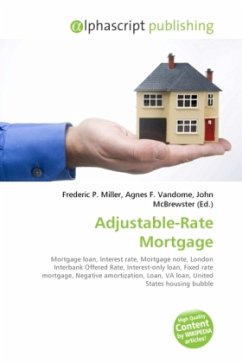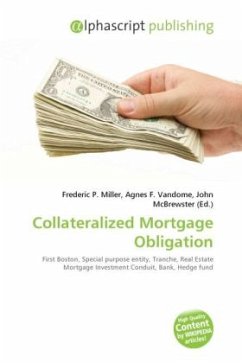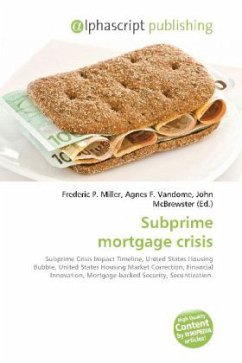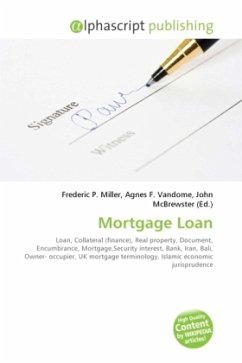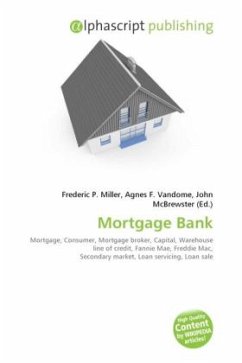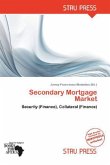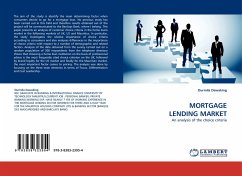An adjustable rate mortgage (ARM) is a mortgage loan where the interest rate on the note is periodically adjusted based on a variety of indices. Among the most common indices are the rates on 1-year constant-maturity Treasury (CMT) securities, the Cost of Funds Index (COFI), and the London Interbank Offered Rate (LIBOR). A few lenders use their own cost of funds as an index, rather than using other indices. This is done to ensure a steady margin for the lender, whose own cost of funding will usually be related to the index. Consequently, payments made by the borrower may change over time with the changing interest rate (alternatively, the term of the loan may change). This is not to be confused with the graduated payment mortgage, which offers changing payment amounts but a fixed interest rate. Other forms of mortgage loan include the interest only mortgage, the fixed rate mortgage, the negative amortization mortgage, and the balloon payment mortgage. Adjustable rates transfer part of the interest rate risk from the lender to the borrower. They can be used where unpredictable interest rates make fixed rate loans difficult to obtain.
Bitte wählen Sie Ihr Anliegen aus.
Rechnungen
Retourenschein anfordern
Bestellstatus
Storno

